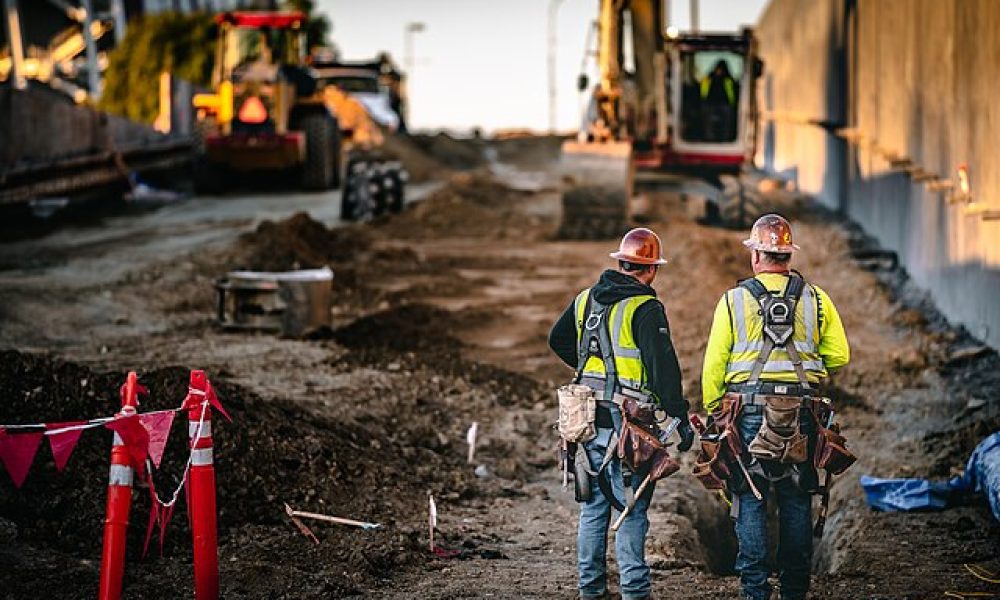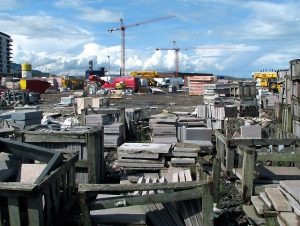If you were to ask a random group of individuals about the industries that cause the most environmental damage, the chances are the automotive and oil sectors will be seen as the greatest culprits. They choke the air with petrol and diesel emissions and they dig up what’s left of our fossil fuels, so between them they are the true villains of the piece, right?
Well, before you picture them as baddies in a silent movie, cheerily twirling their moustaches as they tie some poor victim to the railway tracks, stop and think about the harm that’s been done by the construction industry. Going back to the movie analogy, construction can perhaps rightly be seen as a combination of Hannibal Lecter, Darth Vader, Norman Bates, Hans Gruber and that woman who boiled the rabbit in Fatal Attraction.
Construction, especially in recent decades, has had a devastating impact on the environment in all parts of the world. According to construction blog Bimhow, the industry has been responsible for up to 50% of the global extraction of natural resources, for almost a quarter of our air pollution and for more than a third of the world’s energy usage. In the UK alone, around 47% of carbon dioxide emissions are powered by our thirst to build.
All the advantages, none of the drawbacks
Traditional construction processes, in short, need to make way for a greater emphasis on Modern Methods of Construction (MMC). There are so many ways in which MMC is better for the environment, some of which you may not have thought of. They include:
- Managing waste is easier in a factory environment than it is on a building site
- Centralised manufacturing of products results in fewer transport journeys
- A more localised workforce means less travel for construction employees
- Closing the gap between the point of manufacture and the end location also reduces stress on the supply chain
- Modern, easily repeatable manufacturing processes ensure homes can benefit from improved insulation
- Repeated modular construction at the same location leads to more utilisation of what might have been waste products elsewhere
- MMC allows for the incorporation of manufacturing changes with a minimum of disruption
Add all these factors up and it’s easy to see why advocates of MMC are becoming greater in number, louder in voice and stronger in influence. And as long as high quality ventilation systems are included in the modular construction of homes and offices, the benefits to the consumer in particular and the planet in general remain all too apparent. All we can see is a win-win situation.
All that’s needed now is for global leaders and industry specialists to get on board the MMC bandwagon. If the great and good at COP26 are to be believed, we as a society are at an important crossroads right now. Taking the right direction from here is going to be crucial, and that will include all of us – individuals, communities, corporations and governing bodies – doing all we can to improve things. And while you and I can recycle a milk carton and make a small difference, construction companies can adopt MMC and change the whole world.
It’s time for action.










